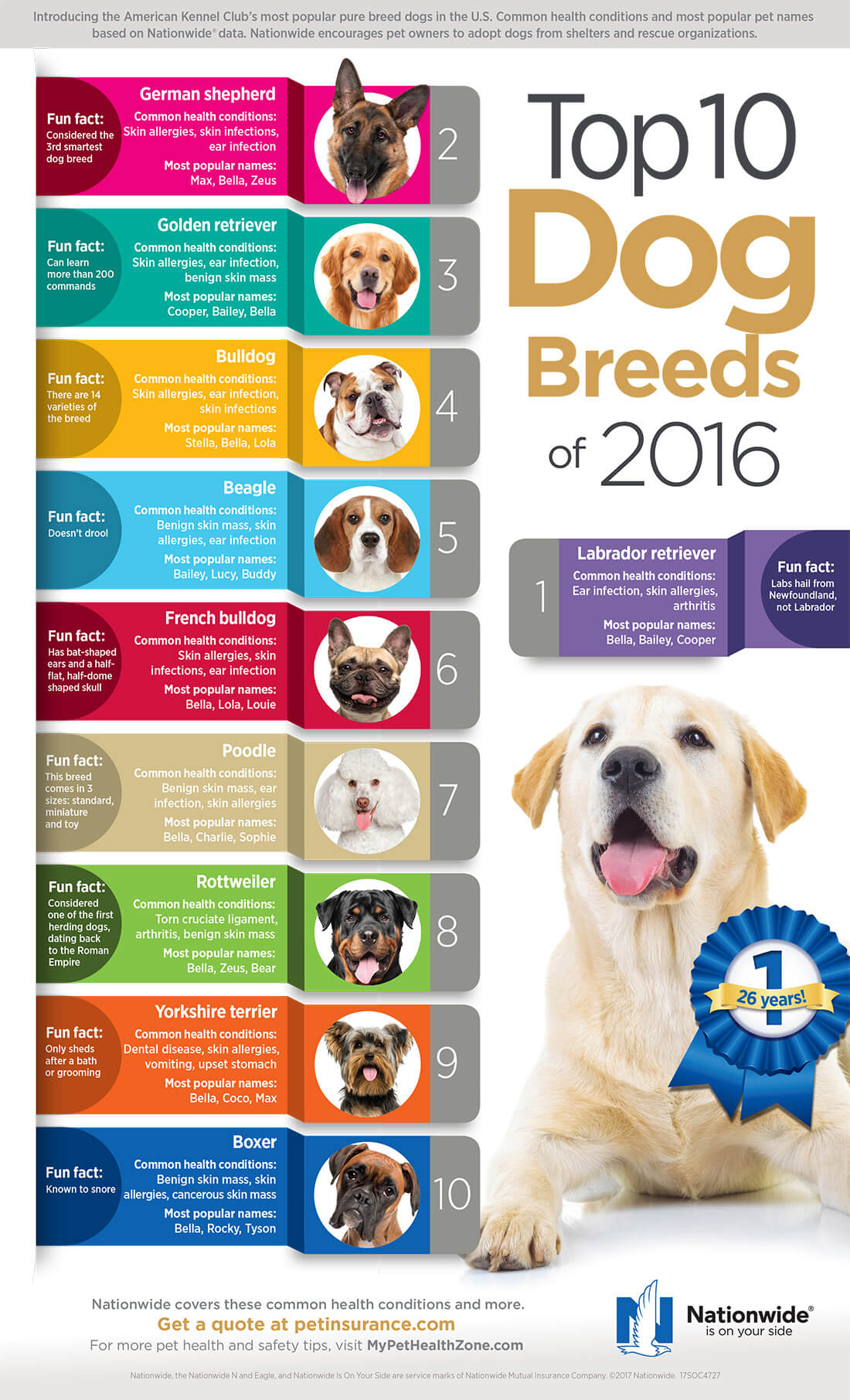How Dog Daycares Manage Barking
How Dog Daycares Manage Barking
Blog Article
Can Pet Dog Childcare Reason Health Problem?
Canines in daycare obtain great deals of exercise, socialization with various other pet dogs and distinct experiences. This can be particularly helpful for pups and pet dogs with behavioral concerns.
There are a number of lawful factors to consider you require to take into account when starting a doggy day care organization. These consist of the framework of your business and compliance with government policies.
1. Dog Distemper
Canine distemper is spread out via straight contact with the bodily fluids and waste of an infected canine, however it can likewise be sent using common water and food bowls or through airborne droplets. This highly infectious disease is most hazardous for pups, yet it can influence pets of any age and is fatal for most if left neglected.
Preliminary signs of canine distemper commonly simulate an acute rhinitis, consisting of dripping eyes and nose with watery or pus-like discharge. As the condition proceeds, a pet will certainly create high temperature, coughing, lowered cravings, throwing up and looseness of the bowels. The infection can additionally strike the nerves, causing seizures, shivering and partial or full paralysis.
Reputable daycares reduce direct exposure to infection by calling for inoculations, regular health examinations and adhere to rigorous health procedures. If your puppy seems excessively exhausted or limping, a day of rest may aid him recoup, yet you need to stay clear of taking him back to day care up until these signs clean up.
2. Kennel Cough
Kennel cough, also called transmittable canine tracheobronchitis or Bordetella, is a very infectious viral or bacterial illness that affects the respiratory system. It's generally moved with the exchange of saliva or air droplets that a sick dog breathes out. Social pets go to higher risk for infection as a result of their constant communication with one another, such as when they play, share food or water, sniff each other or merely satisfy in a congested environment like a dog park or dog kennels and boarding childcare.
One of the most typical symptom of kennel coughing is a relentless and powerful cough that seems like something embeded the throat or retching. Frequently, dogs will certainly divulge frothy white phlegm. If left untreated, a pet can create pneumonia and be at major risk permanently.
A credible day care facility need to have stringent cleaning and hygiene methods, sterilize all toys, food and water bowls consistently, and be open regarding their vaccination plans. Keeping your pet as much as date on their inoculations, particularly for bordetella and canine influenza, will considerably decrease their chances of getting the disease.
3. Parvovirus
Canine parvovirus, or parvo, is a highly infectious viral illness that can be harmful for young puppies and young adult pet dogs with bad body immune systems. It's most typically spread by straight contact with contaminated pet feces-- which can occur when dogs smell, lick, or taste infected feces-- and indirectly from infected people, things, or atmospheres (like kennels, grooming spaces and lawns). Pups and canines without full vaccination backgrounds are especially prone to parvo.
The virus is very resilient, making it through in the environment for as much as nine years, and can quickly be transferred between pets by get in touch with via feces or on shoes, apparel, and bedding infected with parvovirus. If not dealt with instantly with IV liquids, electrolyte balance, throwing up control medications and prescription antibiotics to stop additional microbial infections, a dog will quickly dry out and develop serious looseness of the bowels, which causes shock and sepsis. Parvo is tough to heal once a pet dog has become ill, yet with appropriate vet care, lots of pups do survive this health problem.
4. Pooch Influenza
Dog flu virus is extremely contagious and spreads through straight call, sharing food and water bowls, licking or nuzzling other pet dogs, via airborne droplets, and with contaminated surfaces. Inoculation works in decreasing the danger of infection and episodes.
Many impacted pets develop a moderate respiratory system infection with a cough that lasts 1-3 weeks. They might additionally have nasal and ocular discharge, sneezing, and lethargy. Several of one of the most major situations cause pneumonia and a high fever.
If your dog displays any one of these signs and symptoms, do not bring them back to daycare up until they are healthy and balanced. If your dog is showing indications of severe fatigue or limping, speak to your veterinarian right away and make certain they get on good health supplements to help develop their resistance. A vet will certainly evaluate your canine for signs of the influenza by taking an example from the nose or throat, and blood tests can be done to confirm.